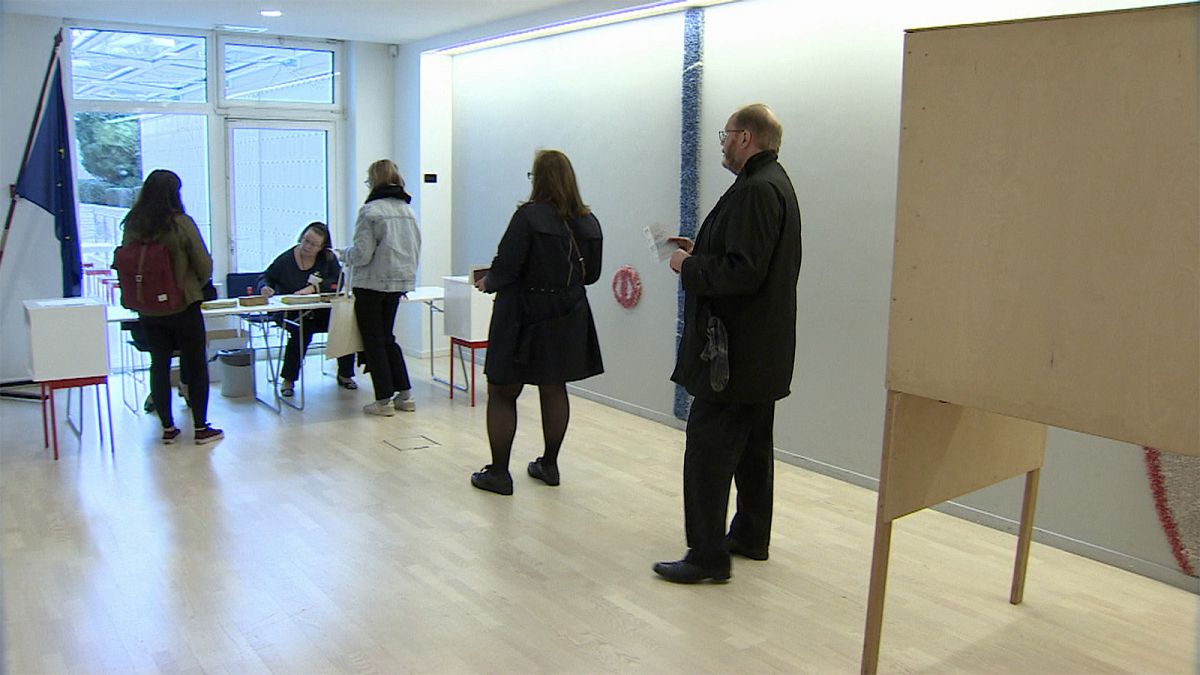It’s become more complicated for Spaniards abroad to vote after changes were made to electoral registration laws in 2011. And ever since then, participation has plummeted.
If you’re Spanish and you live abroad you’ve got to be really motivated to take part in elections. Queues form outside the Spanish consulate in Brussels. And not even for people who are voting, they’re just trying to register or check they’re on the electoral list. Many are none too happy.
"I live in Ghent,” says Olga Caballo. “It takes an hour to get here, another hour to go back. I’m losing working hours and I’m not even sure that in the end I’ll be able to vote. So it’s not easy."
It’s become more complicated for Spaniards abroad to vote after changes were made to electoral registration laws in 2011. And ever since then, participation has plummeted.
"Just look at the data,” says activist Alicia Gaban. “Only 5 percent of the electorate abroad votes, and the vote from abroad has fallen 85 percent compared to previous elections."
For the more than two million Spaniards who do live abroad there’s a long series of bureaucratic hurdles to overcome in order to vote. And with deadlines tight, ballot papers often don’t arrive on time, as our own correspondent found out.
"I myself discovered while working on this report that I’m going to have problems voting,” says Euronews’s Ana Lazaro. “I registered a month ago here in the Spanish Consulate of Brussels. And the papers won’t arrive in time for the Spanish elections. I might be able to vote for the European elections."
First you have to register at the consulate. Then there’s a verification phase for checking papers and managing disputes. Then you have to fill out forms asking to vote. This can be done on the internet. Finally ballot papers are sent to your home and only then can you vote... if you’re lucky enough to get them on time.
The objective of the reforms was said to be to clamp down on fraud, after census errors were discovered. But some suspect the motivation was political.
"Why was this done in 2011?” asks Podemos MEP Miguel Urban. “2011 was a year when a very high number of young people left the country for economic reasons, because we were experiencing one of our deepest economic crises. And it was at that very moment that young people saw limitations placed on their political right to vote."
In countries such as Finland much simpler methods have been found. This was Finnish general election day in Brussels. No preliminaries needed, people could simply go to their nearest consulate and vote using their passport.
"You do not need to register beforehand,” says Heini Huotarinen, who manages voting at the Finnins embassy. “You just take yourself and your ID or your passport, for example, and take yourself to the voting station".
Certainly the population of Spain much larger than that of Finland. But with political will surely it should be possible to make it a little easier for citizens to exercise their fundamental right : to vote.


